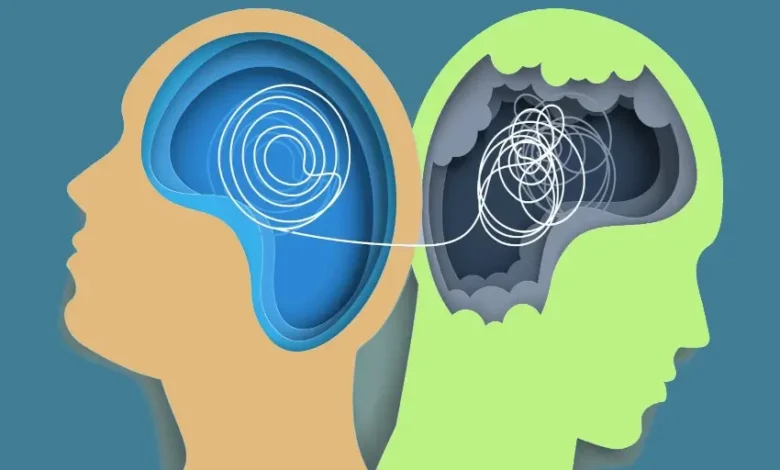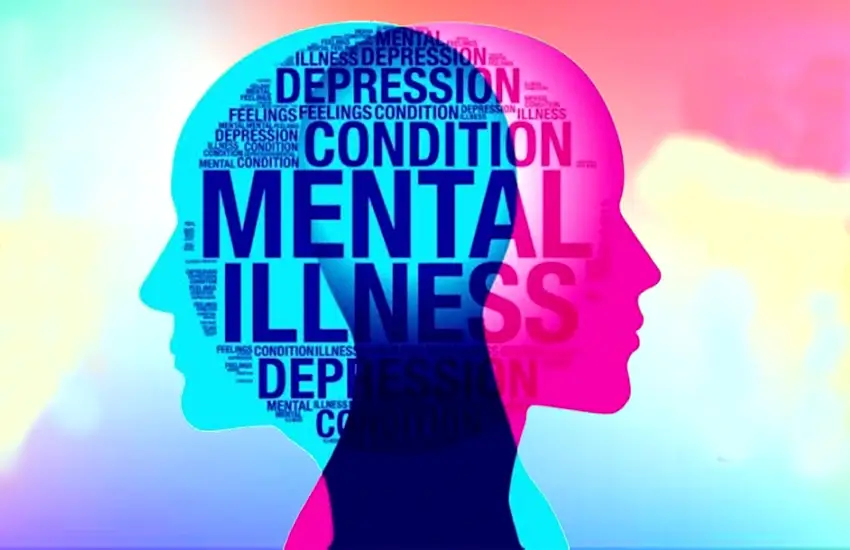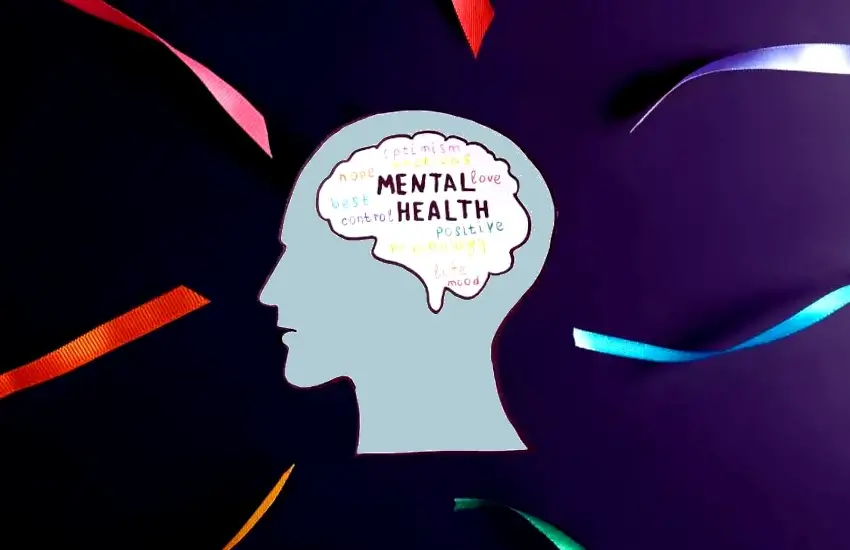Mental Health – Foundation of Emotional and Social Well-Being

Mental health is more than just the absence of mental illness; it’s about living a balanced, meaningful life. It impacts how we think, feel, and act, shaping every aspect of our daily experiences. Without good mental health, achieving overall well-being becomes a challenge.
Understanding Mental Health
Key Components of Mental Health
Mental health is composed of several interconnected elements:
- Emotional Well-Being: The ability to manage stress and sadness while embracing joy.
- Cognitive Functioning: Clear thinking and sound decision-making form the backbone of a healthy mind.
- Social Health: Healthy relationships provide support and a sense of belonging.
The Growing Importance of Mental Health
Increased Prevalence of Mental Disorders
Anxiety, depression, and PTSD are no longer rare. With millions affected worldwide, the health has become a pressing global issue.
Impact on Physical Health
Did you know that stress and anxiety can trigger chronic illnesses like heart disease? The mind-body connection is undeniable.
Workplace Productivity
Burnout is real. When health suffers, so does job performance and satisfaction. Addressing these issues can lead to happier, more productive employees.
Search for health: Healthcare, Medical Malpractice Attorney, and Mesothelioma Lawyer.
Breaking the Stigma
Thanks to advocacy campaigns, seeking help is becoming more accepted. The more we talk about mental health, the more barriers we break.
Challenges to Mental Health
Stigma and Discrimination
Fear of judgment often prevents people from getting the help they need. This stigma is a significant hurdle to progress.
Lack of Access to Care
In many areas, especially low-income communities, health resources are scarce. This lack of access perpetuates the cycle of untreated issues.
Economic and Social Stressors
Financial problems and unemployment add to mental strain, creating a vicious cycle of stress and instability.
Digital Overload
Excessive screen time can leave you feeling isolated, anxious, or inadequate. Balancing online and offline life is essential.
Promoting Mental Health
Building Strong Relationships
Friends and family are your emotional safety net. A heartfelt chat or a supportive hug can do wonders.
Engaging in Physical Activity
A good workout releases endorphins, also known as “feel-good” hormones. It’s like hitting a mental refresh button.
Practicing Mindfulness and Meditation
Simple practices like deep breathing can help you stay calm and focused. Mindfulness is a proven stress-buster.
Seeking Professional Help
Therapists and counselors are trained to help you navigate life’s challenges. Seeking help is a sign of strength, not weakness.
Setting Realistic Goals
Big achievements start with small steps. Setting attainable goals gives you purpose and boosts confidence.
The Role of Society in Mental Health
Raising Awareness
Education is the first step in breaking down barriers. Communities must actively work to spread health knowledge.
Providing Resources
Accessible and affordable care is essential. Everyone deserves the opportunity to improve their mental well-being.
Encouraging Open Dialogue
Let’s talk about it! Whether at work, home, or school, open discussions can normalize health struggles.
Conclusion
Mental health isn’t just a personal concern; it’s a shared responsibility. By fostering awareness, providing resources, and promoting open conversations, we can create a world where mental health is prioritized. Small steps today can lead to big changes tomorrow. For more health tips visit our website Media Music Mania.
FAQs
1. What are the signs of poor mental health?
Common signs include persistent sadness, difficulty concentrating, and changes in appetite or sleep patterns.
2. How does mental health affect physical health?
Mental health impacts physical well-being through stress-related conditions like heart disease and weakened immunity.
3. Why is mental health awareness important?
Awareness helps reduce stigma and encourages people to seek help early, improving outcomes.
4. How can workplaces support mental health?
By offering resources like counseling, flexible schedules, and a supportive environment, workplaces can boost mental well-being.
5. What can individuals do to improve their mental health?
Building relationships, staying active, practicing mindfulness, and seeking professional help are excellent starting points.









